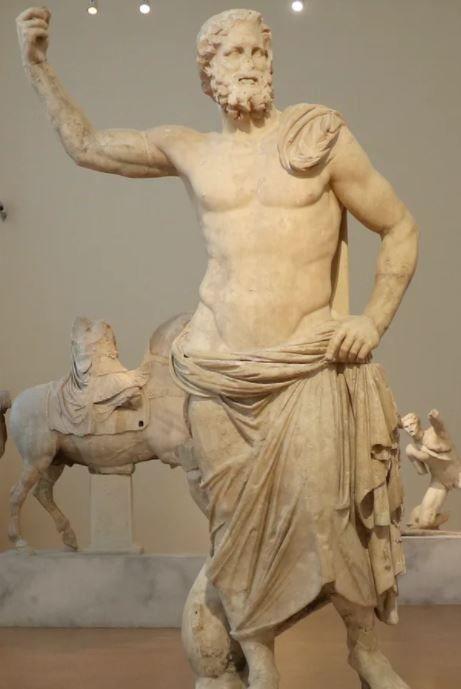INTUSK MAGAZINE
TO THE CORE OF YOUR HEART
Ten Vintage Films With a Century-Long History
February 5, 2023
Newcastle United v Liverpool (1901)
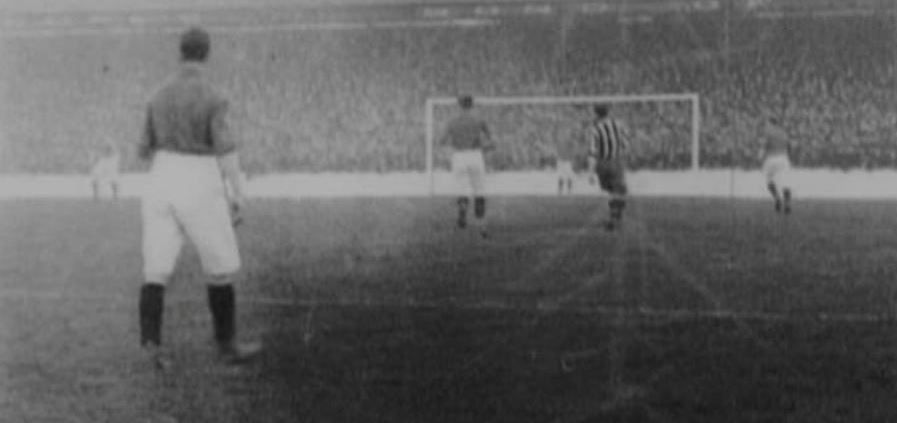
Compared to contemporary cinema, this movie doesn't have much to offer. This seven-minute, black-and-white documentary about a match between Liverpool and Newcastle United was made by Mitchell and Kenyan.
A Trip to the Moon (1902)
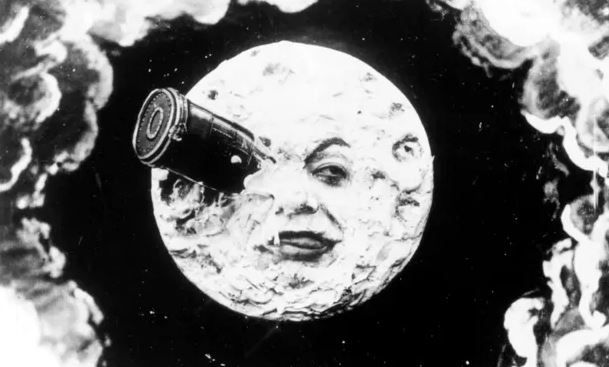
This thriller, based on "From the Earth to the Moon" and its sequel "Around the Moon" by Jules Verne, was directed by French film director and producer George Malice. This film is known as the world's first-ever science fiction movie based on a novel.
The film is about a team of scientists travelling to the moon with the help of an artillery-guided capsule, capturing one of the Selenites (an insectoid alien inhabitant of the moon) after being attacked by selenites, during a lunar exploration, and returning to Earth.
Prof.Barbenfouillis, the main character of the film, was portrayed by George Malice himself.
After the retirement of George Malice from the film industry, this film was lost but later in 1930 film was found.
In 1933 a hand-painted copy of this 18 minutes running film was found and restored in 2001.
The Great Train Robbery (1903)
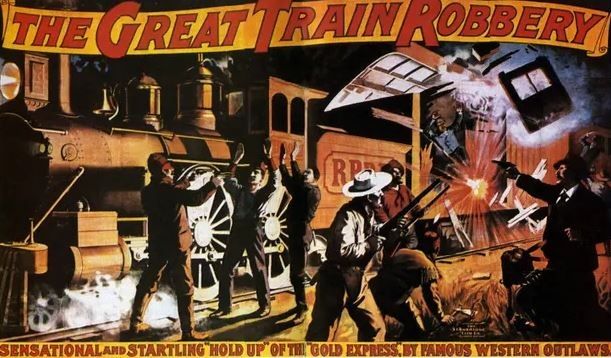
Directed by Edwin S. Porter, the film is about a group of people who rob a West American steam locomotive and eventually defeat the locals. It is an 18 - minute black and white silent film.
A Trip Down Market Street (1906)
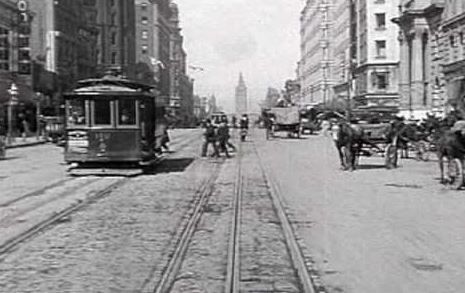
Produced by the Miles Brothers, this was filmed four days before the San Francisco earthquake. This 13-minute film shows a cable car running down the market street of San Francisco.
The Peasants’Lot (1912)
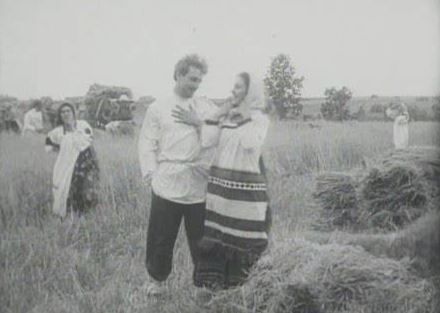
Directed by Vasily Goncharov, the film stars Van Mosjoukine, Alexandra Goncharova, Pyotr Chardinin, and Lidiya Tridenskaya. This silent film, which runs for 35 minutes, paints a good picture of Russian rural life.
Masha and Petr fell in love and were planning their wedding when a fire broke out, destroying all of Masha's property and plunging her family into poverty. So she goes to town, and in order to earn money to care for her father, she is forced to work for her master. When she returns to the village after a while, Petr is married, and the film ends with a wedding scene.
Les Vampires (1915)
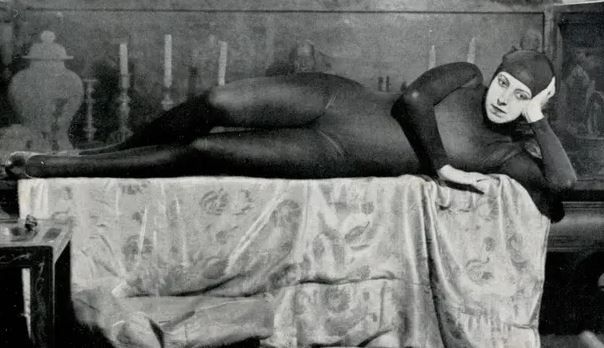
Directed by Louis Feuillade, it is a 10-episode, 417-minute silent film. The film is considered one of the longest-running films in the world, telling the story of a reporter who goes to uncover information about a secret organisation involved in the murder of a government official.
Intolerance (1916)
This 210-minute silent film, which grossed over $ 1 million, was directed by W.G. Griffin. This film contains four stories, a Babylonian story related to 539 BC, a biblical story, a French story from the feudal era (1572), and a modern American story (1914).
The Sinking of Lusitania (1918)
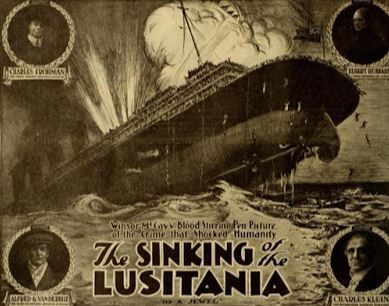
Produced by Winsor McCay, this 12-minute film deals with the sinking of the RMS Lusitania, making it the longest-running (at the time) and oldest surviving animated film to date.
The Outlaw and His Wife (1918)
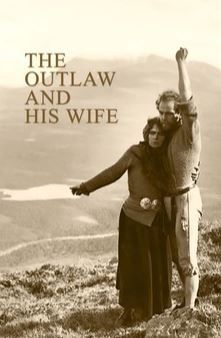
This 73 minutes long black and white silent Swedish movie was directed by Victor Sjöström.
When Kári comes to the north in order to work on a farm, the owner of the farm falls in love with him. Knowing this, a person who has the hope of marrying the owner finds the truth about Kári and comes to the farm in order to capture him. At this, Kári reveals his true identity to the owner and runs away with her.
Then, they live in the mountain area with a friend. When their daughter is three years old, a group of officials come to arrest Kári. In the fear of getting arrested, the woman throws her daughter to the river and flees with Kári.
JÁccuse (1919)
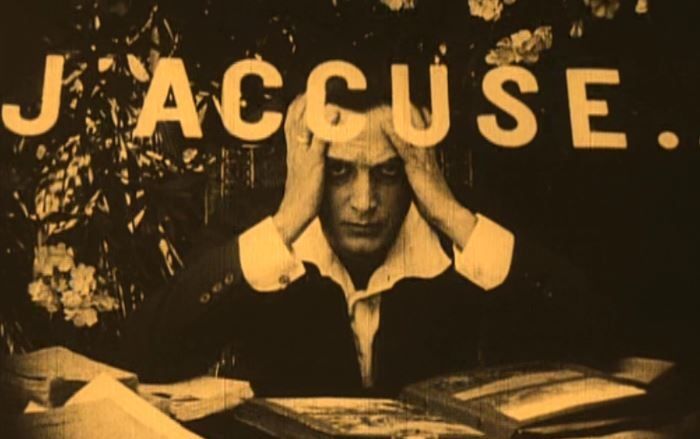
Villagers in a Provençal village in southern France celebrate Germany's declaration of war in 1914 and come to enlist in the army. François Laurin, a jealous and violent man, is one of them. He is married to Édith, the daughter of an upright veteran soldier, Maria Lazare. François, correctly suspecting Édith of having an affair with the poet Jean Diaz, who lives in the village with his mother, sends Édith to stay with his parents in Lorraine, where she is later captured and raped by German soldiers. François and Jean end up serving in the same battalion at the front, where their initial tensions give way to a close friendship that acknowledges their mutual love for Édith.
In 1918, Jean is discharged through ill-health and returns to the village, to find his mother dying. Édith reappears from captivity, now with a young half-German daughter Angèle. Her father, Maria Lazare, immediately leaves to avenge the shame to the family name. When François comes home on leave, Jean and Édith fear his reaction to the illegitimate child and try to conceal her from him, which merely revives his jealous suspicions of Jean, and the two men fight. When the truth is revealed, François and Jean agree to seek their vengeance in battle and both return to the front.
In a great battle, in which a mythical figure of Le Gaulois leads on the French forces, François is wounded and dies in the field hospital. Jean, meanwhile, is so shell-shocked that he becomes insane. He returns to the village and gathers the inhabitants together to tell them of his vision on the battlefield: from the graves of the dead, soldiers arise and gather in a great cohort that marches through the land, back to their homes. Jean challenges the villagers to say whether they have been worthy of the men's sacrifices, and they watch in horror as their dead family and friends appear on the threshold. The soldiers return to their rest, and Jean goes back to his mother's house. There he finds a book of his own poems which he tears up in disgust, until one of them, his Ode to the Sun, drives him to denounce the sun for its complicity in the crimes of war. As the sunlight fades from the room, Jean dies.
This film directed by Abel Gance, stars
- Romuald Joubé as the poet Jean Diaz
- Maxime Desjardins as Maria Lazare
- Séverin-Mars as François Laurin
- Angèle Guys as Angèle, Édith's daughter
- Maryse Dauvray as Édith Laurin, the wife of François
- Mancini as Mother Diaz
- Angèle Decori as Marie, Lazare's servant
The 2008 restored version of this film has a running time of 166 minutes.


